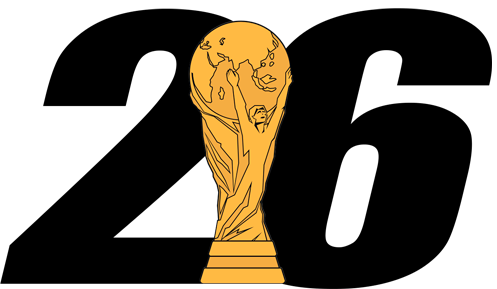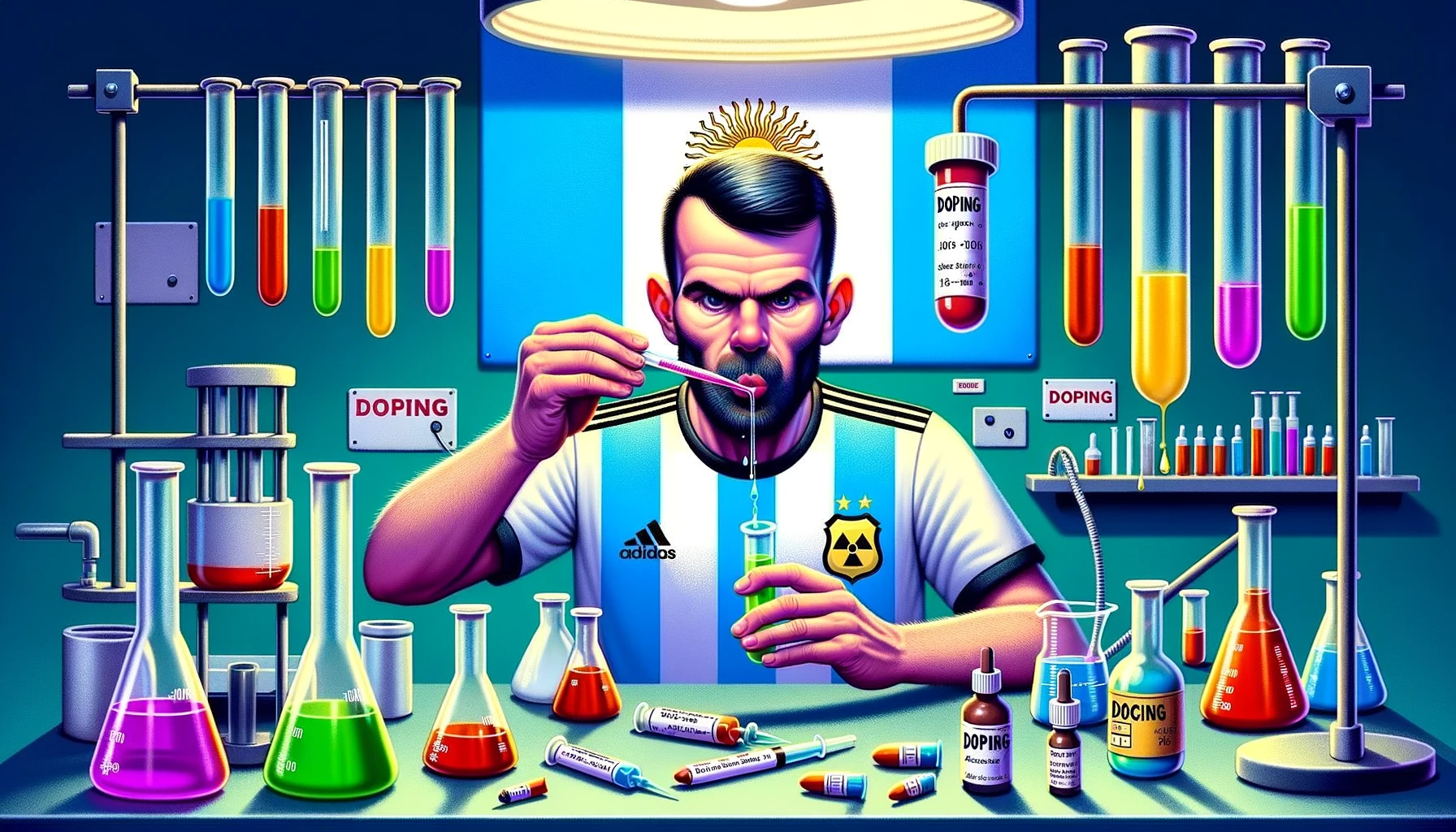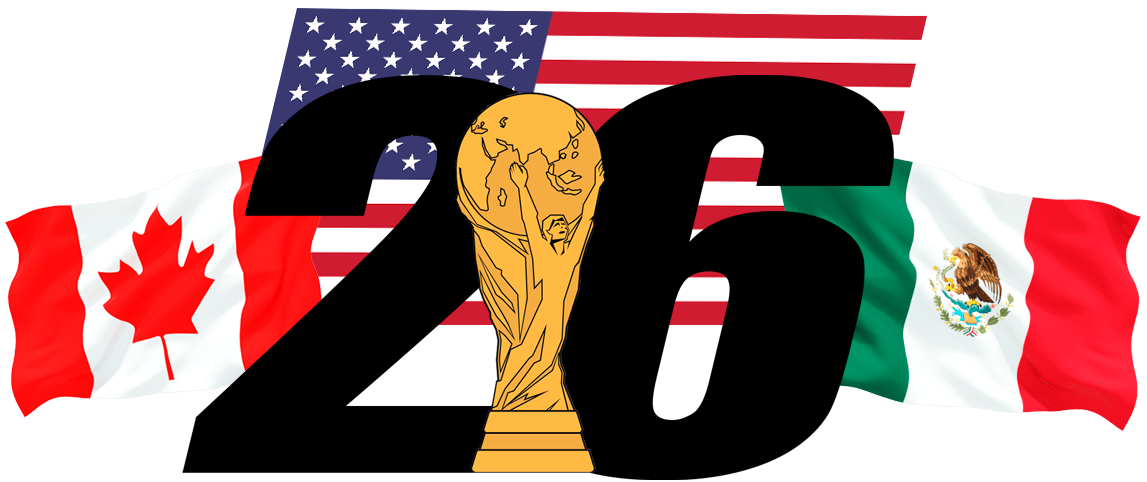In an earth-shattering development that’s sending shockwaves through the world of football, Alejandro ‘Papu’ Gómez, a key player in Argentina’s World Cup-winning squad, has tested positive for a prohibited substance, throwing the legitimacy of Argentina’s recent World Cup victory into question.

Ten months have passed since the Argentine team’s triumph in Qatar, but today’s revelations have cast a dark shadow over their achievement.
The doping test, conducted unexpectedly by UEFA officials while Gómez was still with Sevilla, has come back positive, relating to a medication the player reportedly took without medical consultation.
The fallout is significant: Gómez faces a two-year ban from professional football, a sudden end to his tenure with Sevilla, and a current stint in Italy’s top division hanging in the balance.
The revelation has been met with shock and disappointment among fans and fellow players alike, and it potentially exposes a fracture within the team, highlighted by Gómez’s exclusion from celebrations and subsequent activities post-World Cup.

The implications of this could be monumental for Argentinian football. According to the World Anti-Doping Code, while the immediate sanctions impact Gómez on an individual level, there could be dire consequences for the team should it be found that multiple infractions occurred during the competition.
The rules stipulate harsh penalties, including potential point deductions, competition nullification, or other punishments as deemed appropriate by FIFA.
However, for the collective nightmare to become a reality for Argentina, more than one player would need to be implicated in doping violations during the event. As of now, Gómez stands alone in this unwelcome spotlight, but speculation is rife.
Was there an underlying reason for his sudden marginalization during the World Cup celebrations?
Experts, including those with legal expertise in sports law, have weighed in, explaining that while the player’s ban is a certainty, the broader implications for the Argentine team are currently unsubstantiated.
The key, as reiterated by professionals, is the principle of objective responsibility in anti-doping regulations. The onus is on the athlete to avoid prohibited substances. Gómez’s defense will hinge on proving the absence of negligence and that there was no performance enhancement intention.
For the anxious fans of Argentina, there is a sigh of relief, albeit a cautious one.
These sanctions are individual-centric, as confirmed by UEFA’s anti-doping regulations and FIFA’s own rules. The integrity of the team’s World Cup title currently remains intact, notwithstanding the personal professional crisis Gómez faces.
However, amidst this precarious situation, there are whispers about France’s team, who are closely monitoring the unfolding situation.
As runners-up in the 2022 World Cup, they could potentially be in line for a default victory should the unthinkable stripping of Argentina’s title occur. While this scenario remains within the realms of speculation, the football world holds its breath as the story develops.
For now, Argentina’s hold on their World Cup title is shaky, and the world watches on, waiting for further disclosures in what could be one of the biggest scandals in football history.
The coming days will undoubtedly bring more clarity to an issue that has the potential to rewrite the history books of football.




